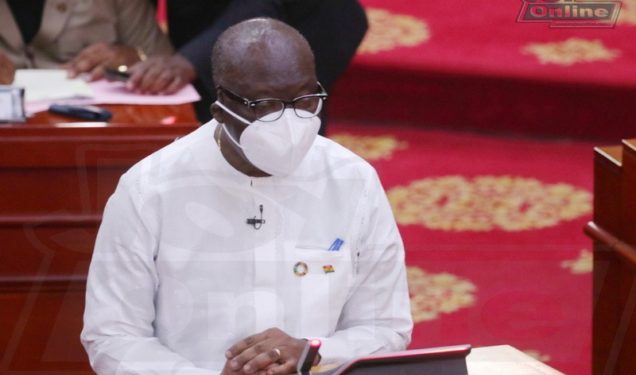In the second quarter of this year, the government would borrow ¢4.59 billion in new funds to finance a portion of its budget.
However, this will be more than the ¢3.78 billion borrowed in the first three months of 2022.
According to the Issuance Calendar, the full $4.59 billion is scheduled to be raised from the domestic market, however, non-resident investors will be able to participate in some of the bonds that will be issued.
Overall, the government intends to issue a total of ¢24.69 billion, of which ¢20.10 billion will be used to rollover maturities.
The 91-day and 182-day Treasury bills will provide a portion of the funds to be borrowed.
While bills for three and six months will be issued weekly, bills for one year will be issued bi-weekly. There will also be some medium to long-term bond issuances.
According to the Bank of Ghana, the government anticipates that the second quarter schedule would suit the needs of market players.
Once again, the administration assures all players and the public that it would work to improve predictability and transparency in the domestic bond market.
Ghana’s public debt increased to ¢351bn in December 2021
Ghana’s public debt stock increased to ¢351.8 billion in December 2021, up from ¢344.5 billion in November 2021, or about 80.1 percent of GDP, according to the Bank of Ghana‘s (BoG) March 2022 Summary of Economic and Financial Data.
This validated Economists, Analysts, and Market Watchers’ concerns that the country’s debt had gone out of control, and was predicted to be about 80% of GDP in 2021.
According to Central Bank estimates, around ¢730 million new loans were added to the overall public debt stock in December 2021. The rise might be attributed in part to the cedi’s devaluation in the last two months of 2021, which raised the foreign debt component.
Read Also: Salaries paid through mobile money will attract E-levy – GRA
SOURCE: myjoyonline


























